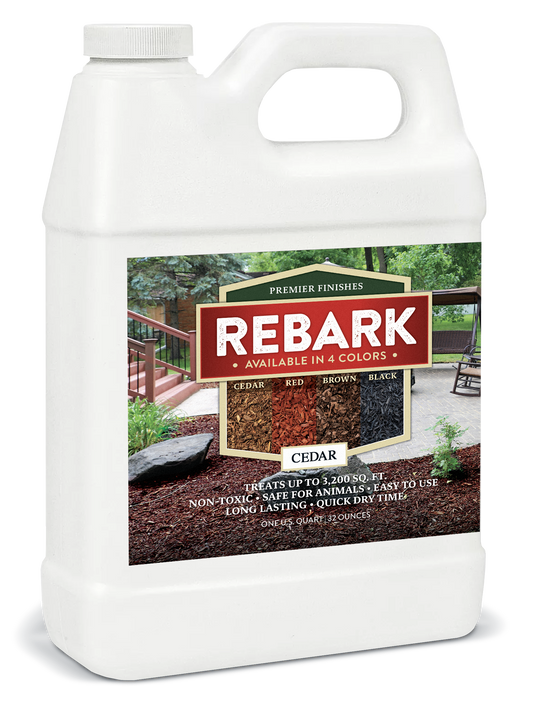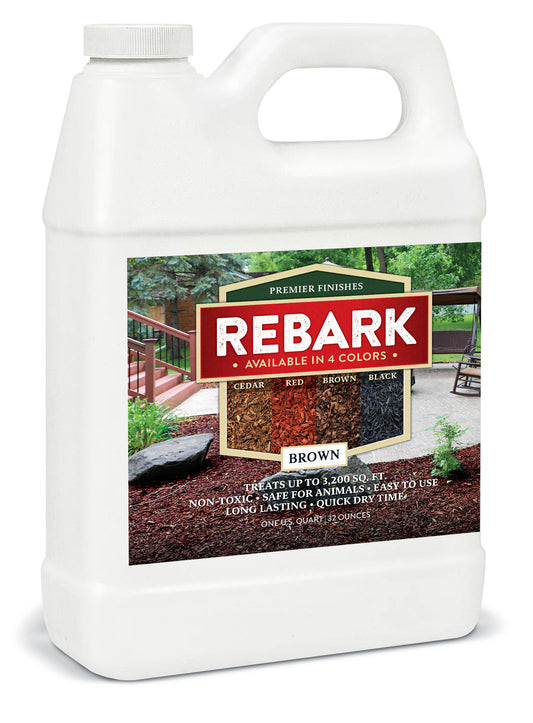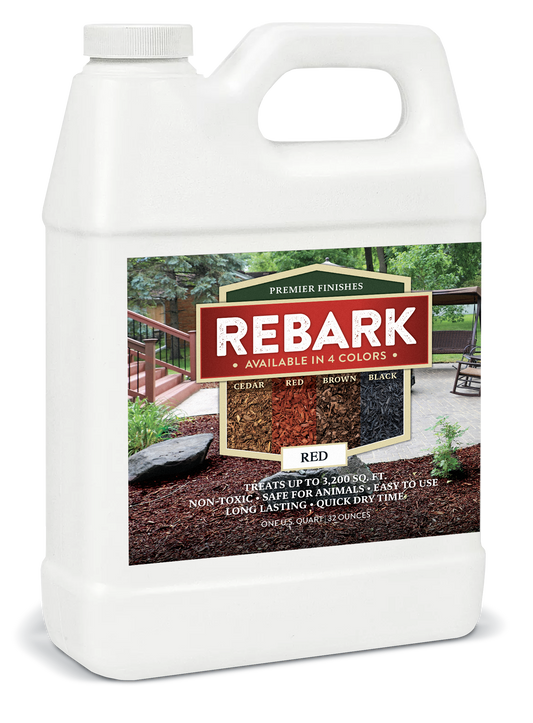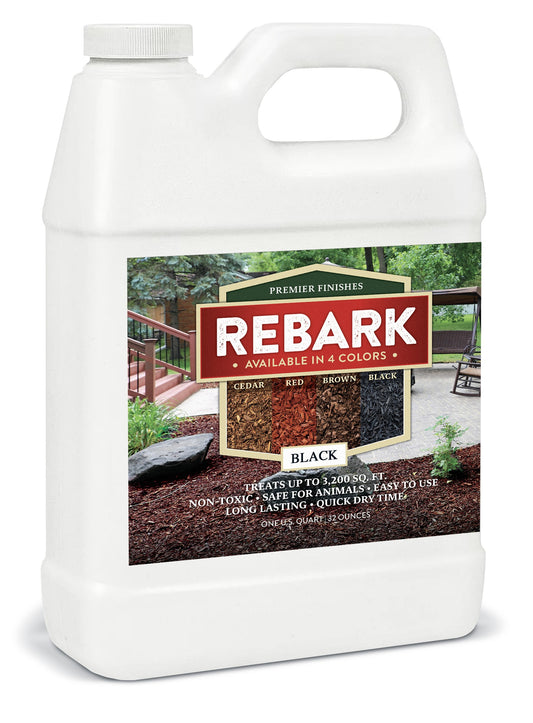
Mulch plays a crucial role in preventing soil erosion. When rainwater hits bare soil, it can cause the soil to wash away, leading to the loss of topsoil and essential nutrients. However, mulch creates a protective layer over the soil, preventing rainwater from directly hitting it. The mulch layer absorbs the impact of rainwater, slowing it down and allowing it to infiltrate the soil gradually. This helps reduce soil erosion and maintains healthy soil for plants and trees to grow.
2. Reduces Water Usage
Mulch can significantly reduce water usage by retaining moisture in the soil. During hot summer months, water evaporates from the soil quickly, leaving plants and trees thirsty. However, a thick layer of mulch can help reduce evaporation by up to 70%. Mulch acts as a barrier, slowing down the rate at which water evaporates from the soil. This means that plants and trees can access the water they need for longer periods, reducing the need for frequent watering.

Mulch can also act as a natural weed control method. Weeds compete with plants for water and nutrients, leading to stunted growth and reduced yields. However, a thick layer of mulch can prevent weeds from growing by blocking sunlight and smothering weed seeds. As the mulch layer decomposes, it releases essential nutrients into the soil, further boosting plant growth and productivity.

Mulch can also improve soil health by increasing the organic matter content in the soil. As the mulch layer decomposes, it releases nutrients such as nitrogen, phosphorus, and potassium, which are essential for plant growth. These nutrients help improve the soil structure, making it easier for water and air to penetrate the soil. Additionally, the organic matter in the soil acts as a food source for beneficial microbes that help break down organic matter and release essential nutrients for plants.
5. Reduces Carbon Footprint
Using mulch can help reduce your carbon footprint. Mulch is typically made from organic materials such as wood chips, bark, leaves, and grass clippings. Instead of sending these materials to the landfill, they can be repurposed into mulch, reducing the amount of waste that goes to the landfill. Additionally, mulch reduces the need for synthetic fertilizers and pesticides, which can have a significant impact on the environment.





